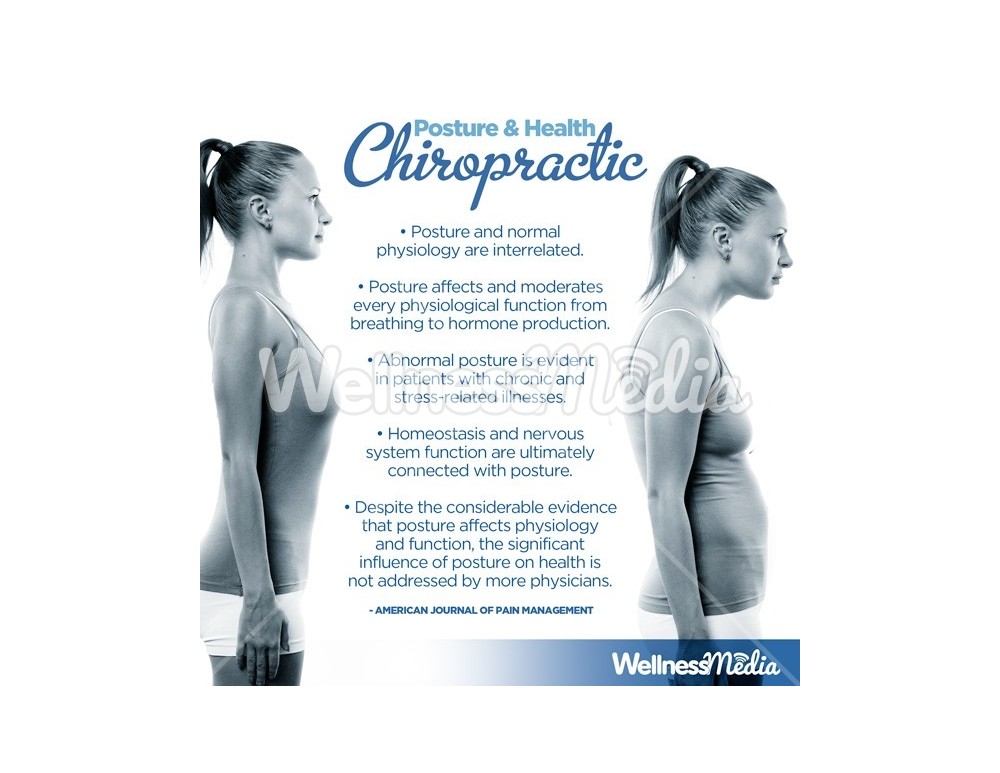The Impact Of Diet Plan On Neck And Back Pain Management: Foods To Include And Foods To Exclude
The Impact Of Diet Plan On Neck And Back Pain Management: Foods To Include And Foods To Exclude
Blog Article
Uploaded By-Cochrane Camp
When it comes to handling your pain in the back, the food choices you make can substantially influence just how you really feel every day. Envision having the ability to reduce your pain simply by adjusting what you eat. By comprehending the function of nourishment in back pain monitoring and understanding which foods to incorporate or stay away from, you can take proactive steps in the direction of a much healthier and a lot more comfortable way of life. The connection in between nourishment and back health and wellness is much more extensive than you might recognize-- allow's discover exactly how certain foods can either calm or exacerbate your back pain.
Significance of Nourishment in Neck And Back Pain
Nutrition plays a critical role in handling pain in the back. Your diet regimen can significantly influence swelling degrees and overall pain levels in your back. Eating a well balanced diet regimen abundant in nutrients like vitamins D and K, calcium, magnesium, and omega-3 fatty acids can help reduce inflammation and reinforce bones, which are important for back health and wellness.
Additionally, preserving a healthy weight via proper nutrition can alleviate stress and anxiety on your back, reducing the risk of pain in the back.
Moreover, specific nutrients like anti-oxidants located in fruits and vegetables can assist combat oxidative anxiety and promote healing in the body, consisting of the back muscles and spine.
On the other hand, eating too much amounts of processed foods, sweet drinks, and harmful fats can contribute to swelling and weight gain, intensifying back pain.
Foods to Eat for Back Wellness
To support a healthy and balanced back, including nutrient-rich foods right into your everyday dishes is vital. Consisting of foods high in antioxidants like berries, spinach, and kale can help reduce inflammation in your back, alleviating discomfort and discomfort. Omega-3 fatty acids discovered in fatty fish such as salmon and mackerel have anti-inflammatory homes that can profit your back wellness.
Additionally, eating nuts and seeds like almonds, walnuts, and chia seeds offers vital nutrients like magnesium and vitamin E, which sustain muscular tissue feature and reduce oxidative anxiety. Integrating https://www.latimes.com/business/story/2020-07-07/column-coronavirus-chiropractors-david-lazarus as poultry, turkey, and tofu can aid in muscle repair service and maintenance, promoting a solid back.
Do not neglect to include dairy products or strengthened plant-based options for calcium to support bone health and wellness. Last but not least, hydrate with a lot of water to keep your spinal discs moistened and functioning efficiently. By including these nutrient-dense foods in your diet plan, you can nurture your back and support total back wellness.
Foods to Avoid for Back Pain
Go with avoiding processed foods high in added sugars and trans fats when seeking relief from pain in the back. These kinds of foods can contribute to inflammation in the body, which may exacerbate back pain. Say no to cupping for bronchitis like candy, pastries, and sugary beverages, as well as fast food things like hamburgers, fries, and fried hen that are typically loaded with trans fats.
Furthermore, avoid foods consisting of high levels of polished carbs, such as white bread, pasta, and pastries, as they can increase blood glucose degrees and possibly intensify inflammation in the body.
It's also important to limit your consumption of foods high in saturated fats, like red meat and full-fat milk products, as they can contribute to swelling. Refined foods like deli meats, chips, and packaged treats are typically high in saturated fats and should be eaten in small amounts.
Conclusion
To conclude, taking note of your diet and making smart food choices can have a considerable influence on taking care of back pain. By including nutrient-rich foods like berries, fatty fish, nuts, and lean healthy proteins, and staying clear of processed and sweet things, you can help reduce swelling and assistance overall back wellness. Remember, what you eat plays a critical role in exactly how you really feel, so make sure to prioritize your nutrition for a healthier back.
